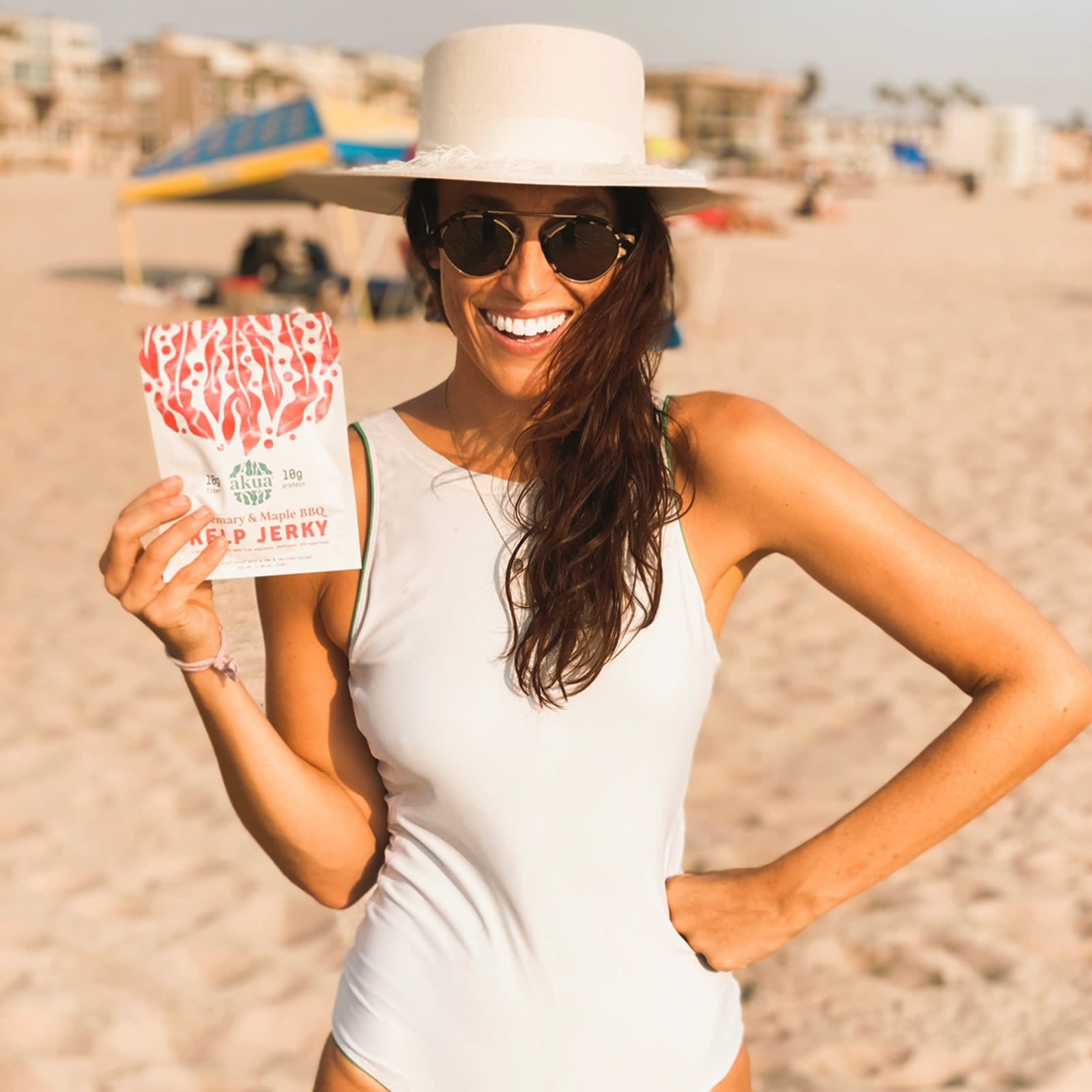
‘I think the intimacy and personality that has come through for certain artists, the way that companies have become more comfortable using video conferencing, some have enjoyed it. I don't think it will ever replicate live, but I think with the exposition of process, a lot of artists are just saying, “Hey, I'm going to be making music on Twitch, come watch,” or, “I'm going to be playing a video game, come hang out.” So it’s a virtual hang, which sites like Turntable FM really had right as far as the idea that music's a communal thing people like to hang around with.
‘Both for fans and artists, there is a need that has been shown for a virtual hang. So whether it's educational or just watching a DJ play songs – or, in the case of Ghostly Knowledge Share, to have our professionals share their work with up-and-coming artists – the desire to connect alone or together is not going anywhere.
‘I think art tends to evolve faster under constraints, be they financial or otherwise, and we’ve watched a lot of artists we work with make leaps, like they never would have done a livestream before, but their version of it is like, “Well, I set up a camera in my backyard and I'm going to play tracks and just let people kind of comment and hang out.” I think that's something that, without this constraint, never would have come up.
‘It's not gonna look like a seismic leap, but it's gonna be a lot of small things that add up. I think the comfort for a lot of artists with the technology and not looking at it as sort of self promotion or being shameless, instead using it as a tool to connect, is a positive. There's less of a fear around going live. But, ultimately, artists want to portray themselves or connect in a way that's meaningful. So I think there's gonna be some really cool stories that come out of this era.’
Listen to the latest episode of the Courier Weekly podcast now.

